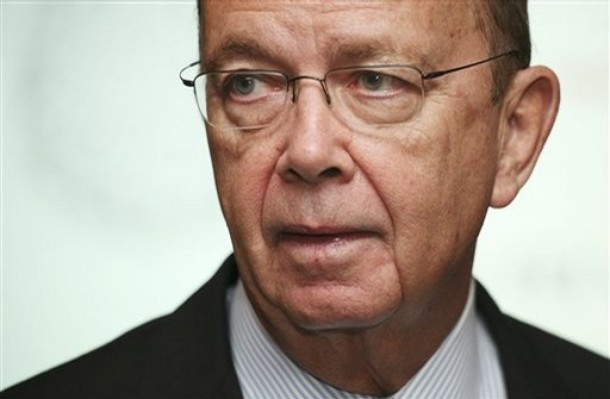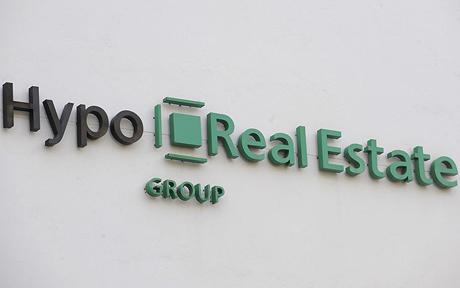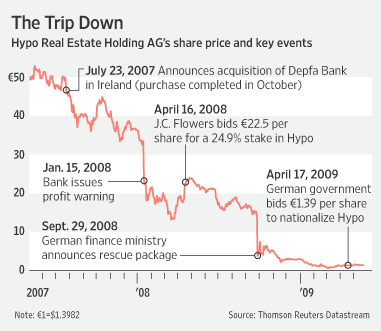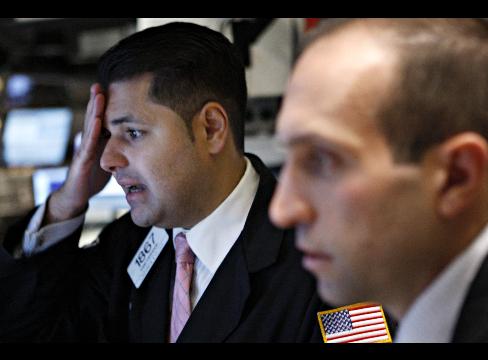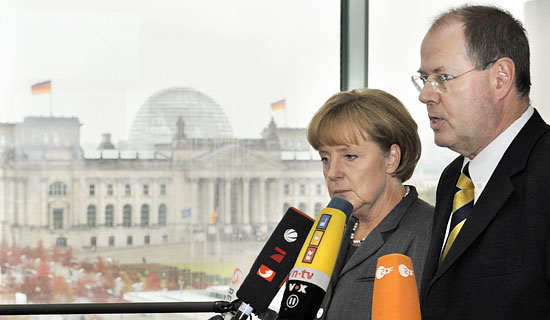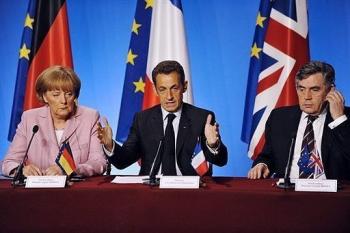– Moody’s Changes Aaa-Rated Germany, Netherlands, Luxembourg Outlook To Negative (ZeroHedge, July 23, 2012):
In a first for Moody’s, the rating agency, traditionally about a month after Egan Jones (whose rationale and burdensharing text was virtually copied by Moody’s: here and here), has decided to cut Europe’s untouchable core, while still at Aaa, to Outlook negative, in the process implicitly downgrading Germany, Netherlands and Luxembourg, and putting them in line with Austria and France which have been on a negative outlook since February 13, 2012.The only good news goes to Finland, whose outlook is kept at stable for one simple reason: the country’s attempts to collateralize its European bailout exposure, a move which will now be copied by all the suddenly more precarious core European countries.
From the report:
Moody’s changes the outlook to negative on Germany, Netherlands, Luxembourg and affirms Finland’s Aaa stable rating
London, 23 July 2012 — Moody’s Investors Service has today revised to negative from stable the outlooks on the Aaa sovereign ratings of Germany, the Netherlands and Luxembourg. In addition, Moody’s has also affirmed Finland’s Aaa rating and stable outlook.
All four sovereigns are adversely affected by the following two euro-area-wide developments:
1.) The rising uncertainty regarding the outcome of the euro area debt crisis given the current policy framework, and the increased susceptibility to event risk stemming from the increased likelihood of Greece’s exit from the euro area, including the broader impact that such an event would have on euro area members, particularly Spain and Italy.
2.) Even if such an event is avoided, there is an increasing likelihood that greater collective support for other euro area sovereigns, most notably Spain and Italy, will be required. Given the greater ability to absorb the costs associated with this support, this burden will likely fall most heavily on more highly rated member states if the euro area is to be preserved in its current form.
Read moreMoody’s Changes Aaa-Rated Germany, Netherlands, Luxembourg Outlook To Negative
